China's self-driving car companies have made huge strides in just a few years, but the race to lead this potentially lucrative industry is far from over, as China's big rival the United States is also picking up the pace.
In China, companies such as Baidu, Pony.ai and WeRide have been granted licenses to operate in tier-1 cities such as Beijing and Guangzhou. Baidu operates a fleet of about 1,000 Apollo Go self-driving taxis, which provided more than 1.4 million rides in the first quarter.
Pony.ai has a fleet of more than 300 vehicles and aims to expand to 1,000 vehicles by the end of this year and 2,000-3,000 vehicles by the end of 2026. WeRide's fleet has about 400 vehicles.
Meanwhile, in the US, Waymo began deploying self-driving taxis for public use in San Francisco and other US cities last year.
In April, the company said it was now providing more than 250,000 fully autonomous, paid rides per week. Waymo, owned by Google parent Alphabet, has a commercial fleet of more than 1,500 vehicles and plans to grow that to 3,500 by 2026.
As of April, Waymo had surpassed Lyft to become the second-largest ride-hailing service in San Francisco, accounting for 25% of trips booked in the city, according to market data firm YipitData.
Waymo’s successful deployment here is considered by many industry executives and investors as the “ChatGPT” moment of the self-driving taxi sector, as it proves that the service has a viable path to commercialization after years of investment.
Tesla also officially launched its own self-driving taxi service in Austin, Texas, on June 22, and not just limited to the domestic market, self-driving taxi operators on both sides of the Pacific are looking for opportunities abroad.
In April, Waymo deployed a fleet of self-driving taxis in Tokyo. The fleet will initially be driven by drivers from Japanese ride-hailing platform GO and Nihon Kotsu, Tokyo’s largest taxi company. This will allow Waymo to collect data and train the vehicles before launching a paid, driverless service in Japan.
Meanwhile, Baidu, Pony.ai and WeRide have all announced plans to expand into the Middle East. Baidu’s Apollo Go aims to deploy 100 self-driving taxis in Dubai by the end of this year, with ambitions to increase that number to at least 1,000 within three years.
Apollo Go is also partnering with UAE-based Autogo to deploy its fleet of driverless cars in Abu Dhabi. Both Pony.ai and WeRide are partnering with Uber to deploy self-driving taxis in Europe and the Middle East.
Despite being a step behind its Chinese and American rivals, Tesla may have its own advantages, according to analysts at Goldman Sachs. In a recent report, Goldman Sachs said the company’s existing electric vehicle business could help reduce the cost of self-driving taxis, a key factor as operators expand their fleets.
Dan Ives, managing director at Wedbush Securities, agreed that Tesla's self-driving taxi vision could complement its carmaking business, as both rely on training artificial intelligence in vehicles.
In the near future, Europe and the Middle East are expected to be key markets where Chinese and American companies compete directly.
Chinese self-driving taxi companies have a cost advantage in vehicles and self-driving kits, thanks to the country’s strong auto supply chain, including components like batteries and LiDAR sensors, said Ming Lee, head of China auto and industrial research at BofA Global Research.
In contrast, US self-driving taxi companies have better access to advanced hardware, such as high-performance chips, and are often more heavily capitalized thanks to backing from major tech and auto companies.
Therefore, the competition between the US and China in the self-driving taxi market will be a dramatic two-horse race. However, the final victory will not belong to the party with the best technology or the cheapest price, but to the party that can quickly commercialize the service on a large scale, prove its safety and efficiency to win the trust of global users./.
Source: https://www.vietnamplus.vn/cuoc-dua-gay-can-tren-thi-truong-taxi-tu-lai-post1047275.vnp





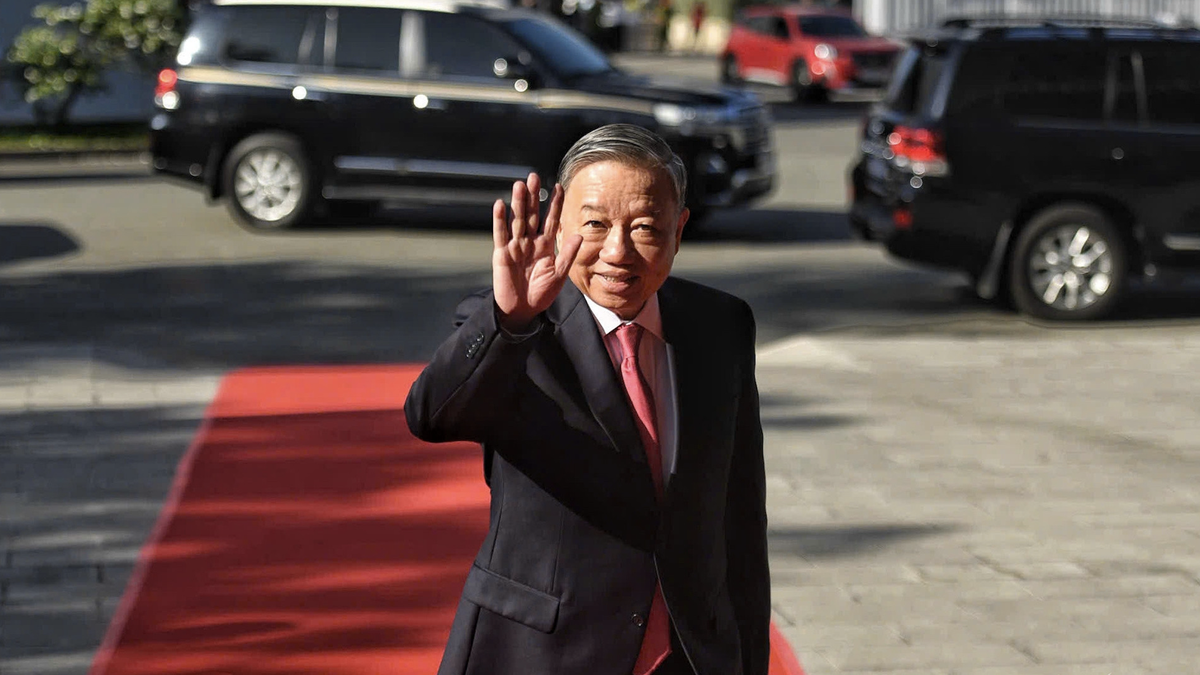
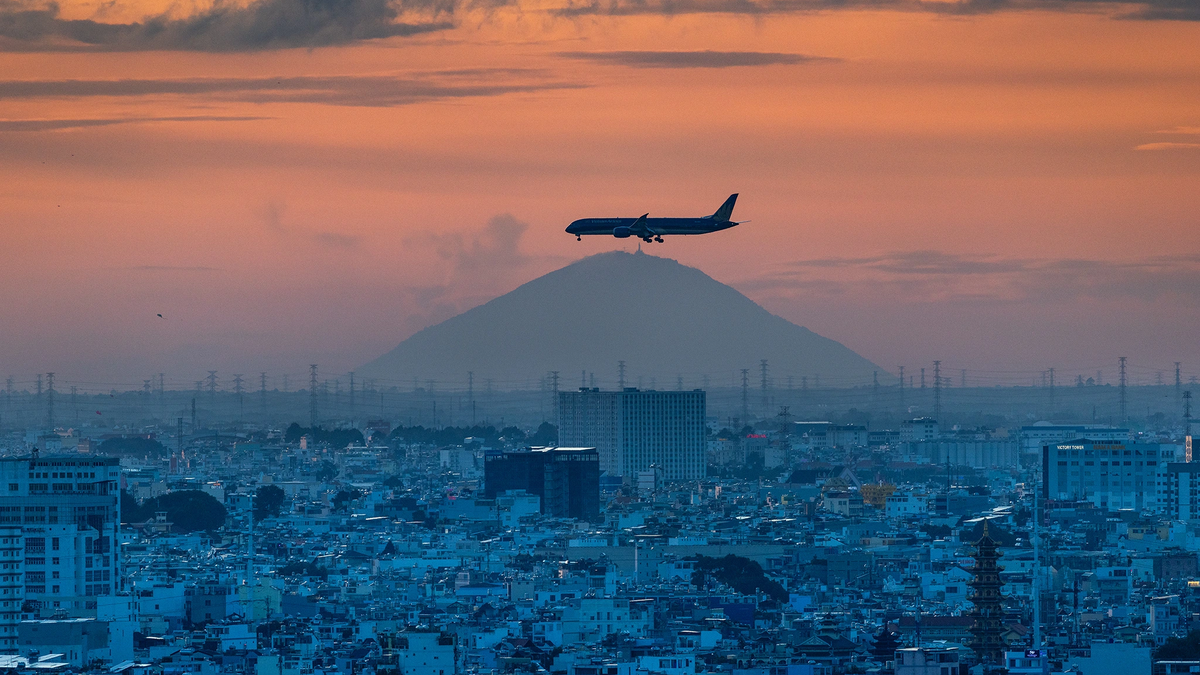











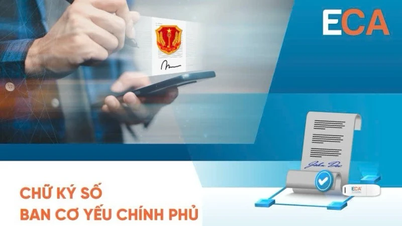
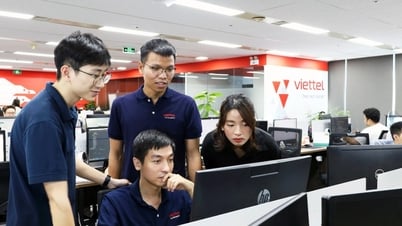









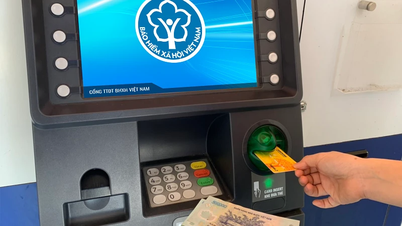



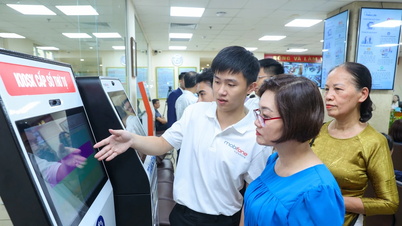










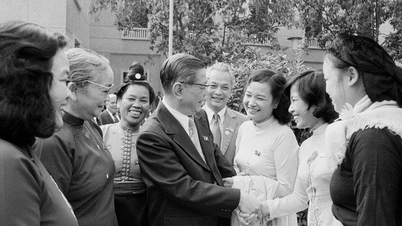







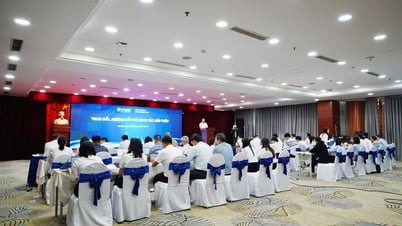

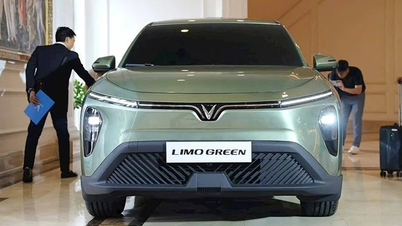


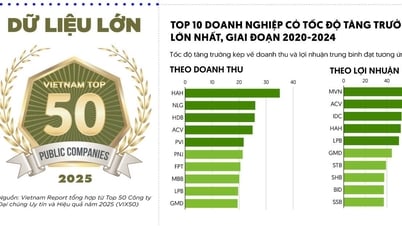













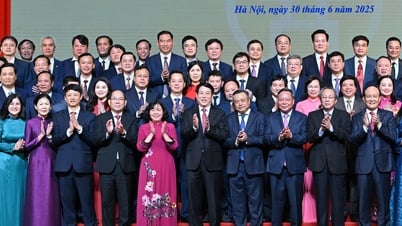



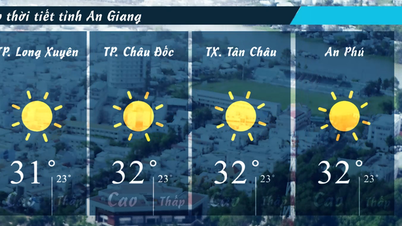

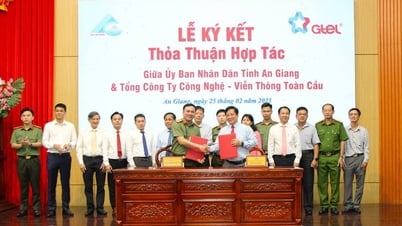














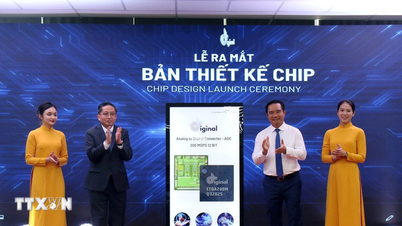





Comment (0)